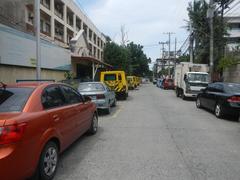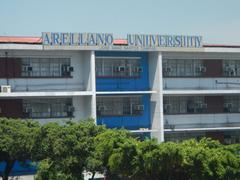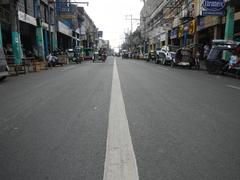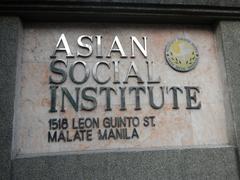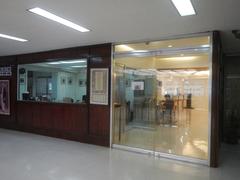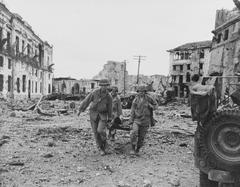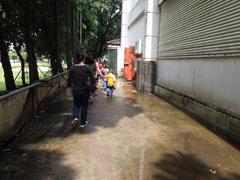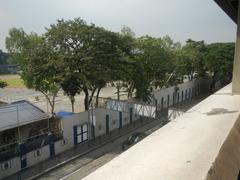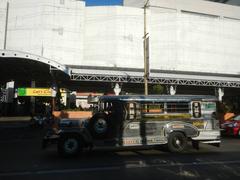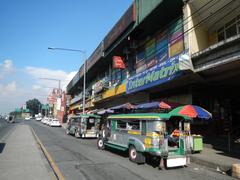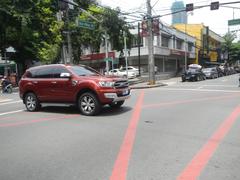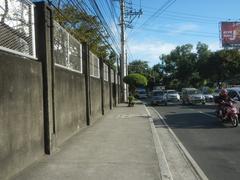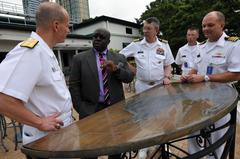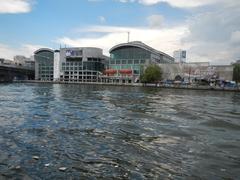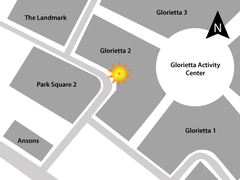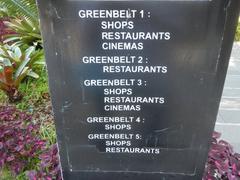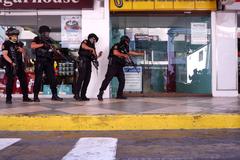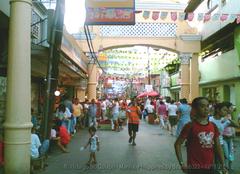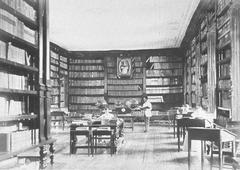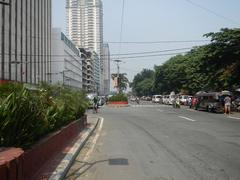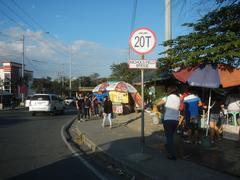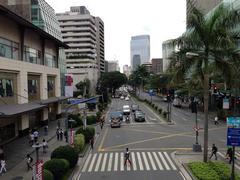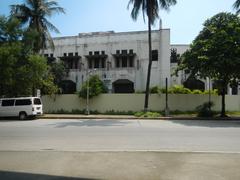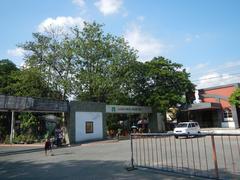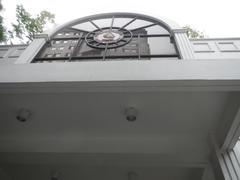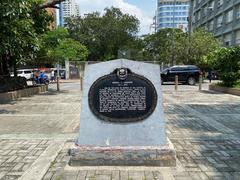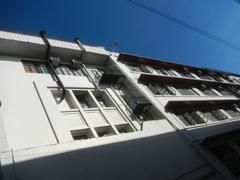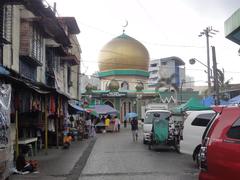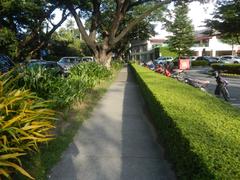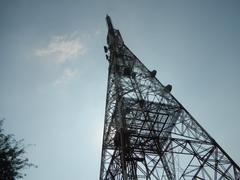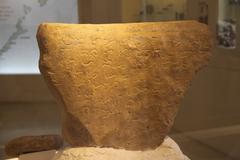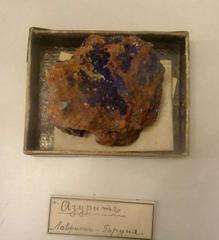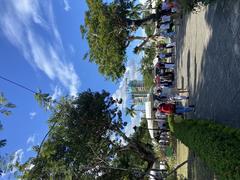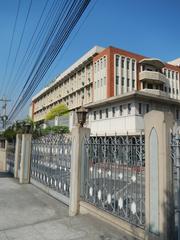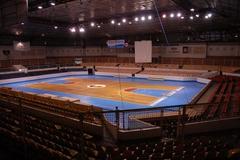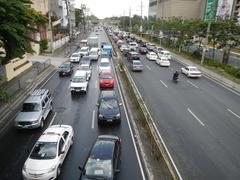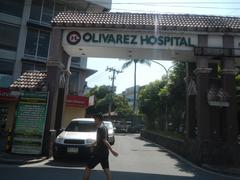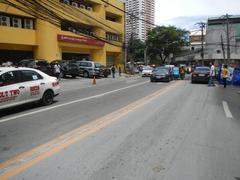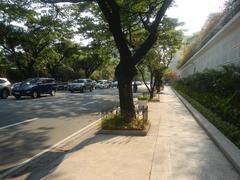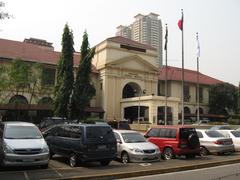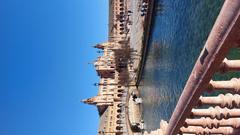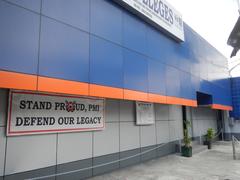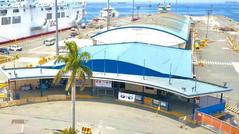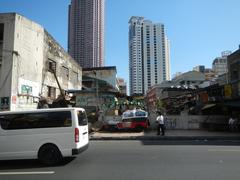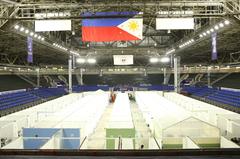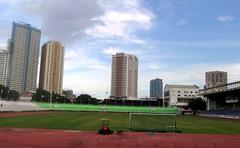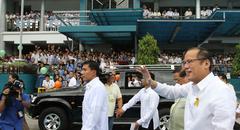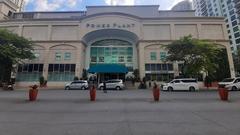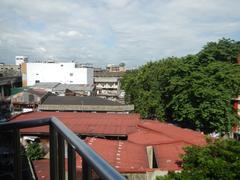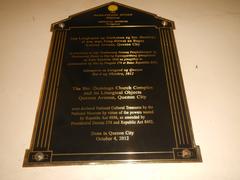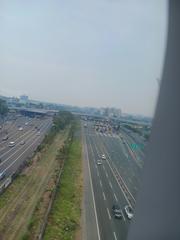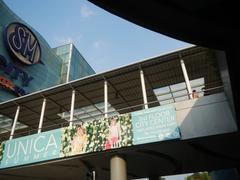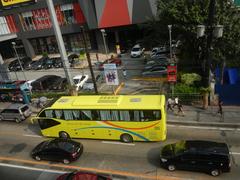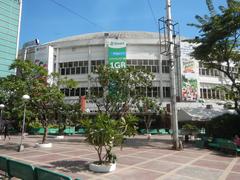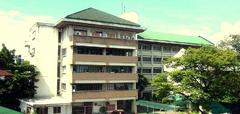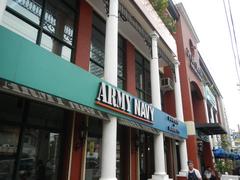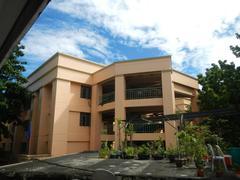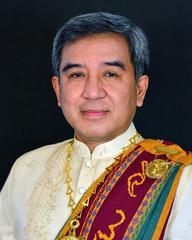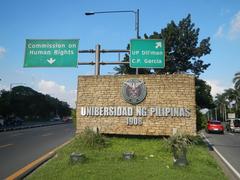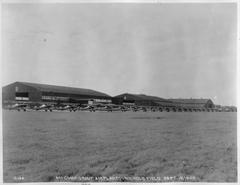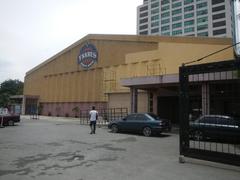
National Center for Mental Health Metro Manila: Visiting Hours, Tickets, and Comprehensive Visitor Information
Date: 04/07/2025
Introduction
The National Center for Mental Health (NCMH) in Mandaluyong City, Metro Manila, is the Philippines’ largest and most historic psychiatric institution. Established in 1928, NCMH has played a pivotal role in the country’s mental health landscape—evolving from a custodial facility to a modern center for treatment, research, education, and policy advocacy. With a capacity for over 4,200 patients and annual outpatient visits exceeding 56,000, NCMH is not just a healthcare provider but also a cultural, historical, and social landmark.
This guide provides essential information for visitors: operating hours, entry requirements, accessibility details, travel tips, and suggestions for nearby attractions. Whether you are seeking mental health services, exploring local history, or interested in the institution’s societal significance, this article delivers practical and contextual insights for your visit.
For more on NCMH’s history and visitor information, see official resources and articles (National Center for Mental Health official website, The Evolution of Psychiatry and Mental Health in the Philippines, Navigating the Philippine Mental Health System).
Table of Contents
- Introduction
- History and Cultural Significance
- Visitor Information
- NCMH Services
- Infrastructure and Innovations
- Nearby Attractions
- Frequently Asked Questions (FAQ)
- Summary and Final Tips
- References
History and Cultural Significance
Founding and Early Development
The NCMH was established as the Insular Psychopathic Hospital in 1928 during the American colonial era, aiming to provide specialized mental health care and relieve overcrowding at San Lazaro Hospital. Over the decades, the institution evolved—renamed the National Mental Hospital and, in 1986, the National Center for Mental Health—reflecting broader shifts toward a rights-based and community-oriented approach to mental health.
Role in Society and Healthcare
NCMH has shaped national policy, contributed to destigmatizing mental illness, and integrated mental health into the public health agenda. Following the Philippine Mental Health Act of 2018, NCMH has been instrumental in training, research, and supporting the implementation of new mental health initiatives across the country.
Symbolism and Impact
The sprawling 46-47 hectare campus, tree-lined avenues, and historic chapel make NCMH a landmark in Metro Manila. The institution’s history mirrors the nation’s evolving attitudes toward mental health, from custodial care to inclusive and evidence-based interventions.
Visitor Information
Visiting Hours
- Outpatient and Administrative: Monday to Friday, 8:00 AM – 5:00 PM
- Inpatient Visits: Generally, 2:00 PM – 4:00 PM daily (confirm with the specific ward)
- Weekend and Holidays: Closed for general outpatient services; inpatient visits may vary
Tickets and Entry Requirements
- General Entry: Visiting the campus and outpatient consultations are free of charge.
- Consultation Fees: First-time patients pay PHP 420 (including Patient ID); returning patients pay PHP 400. Charity cases may pay as low as PHP 100.
- Identification: Bring a valid ID and any relevant medical documents; registration at the main gate is required.
- Photography: Restricted to protect patient privacy.
How to Get There
- Address: Nueve de Pebrero Street, Barrio Mauway, Mandaluyong City, Metro Manila
- By Public Transit:
- MRT: Boni Avenue or Shaw Boulevard stations (short tricycle or jeepney ride to campus)
- Jeepneys/Buses: Routes passing through Shaw Boulevard and Nueve de Pebrero stop nearby
- By Car: Onsite parking is available but limited, especially during peak hours
Accessibility
- Wheelchair Access: Most main buildings have ramps and accessible facilities. Contact NCMH in advance for assistance for visitors with special needs.
- Travel Tips: Due to limited parking and Metro Manila traffic, public transport is recommended during busy hours.
Special Events and Educational Visits
- Public Tours: Not routinely offered, but educational group visits can be arranged by contacting administration.
- Events and Workshops: NCMH occasionally hosts mental health awareness events and seminars. Check the official website for updates.
NCMH Services
NCMH provides comprehensive mental health services including:
- Inpatient and Outpatient Care for children, adolescents, adults, and forensic cases
- Crisis Intervention and Hotlines
- Affordable Counseling and psychological support, prioritizing accessibility for low-income Filipinos
- Telepsychiatry and psychosocial rehabilitation programs
- Research and Training in psychiatric epidemiology and mental health system development
Infrastructure and Innovations
The NCMH campus includes inpatient wards, outpatient clinics, administrative offices, research and training centers, gardens, and spiritual spaces. Ongoing modernization efforts are focused on improving patient care, expanding digital health systems, and advancing research to inform national mental health policy.
Nearby Attractions in Mandaluyong and Metro Manila
Enhance your visit by exploring nearby sites:
- SM Megamall: Major shopping and dining destination (3 km away)
- Ortigas Center: Business and entertainment district
- Mandaluyong City Hall: Historic government building
- San Felipe Neri Church: Heritage church with local significance
- Parks and Green Spaces: Relax in Amado T. Reyes Park or explore local gardens
Numerous hotels and guesthouses are available in Mandaluyong for longer stays.
Frequently Asked Questions (FAQ)
Q: What are the NCMH’s visiting hours?
A: Monday to Friday, 8:00 AM – 5:00 PM for outpatient and administrative services. Inpatient visits are generally from 2:00 PM – 4:00 PM.
Q: Is there an entrance fee?
A: General visits and outpatient consultations are free; patient consultations have nominal fees.
Q: Are guided tours available?
A: Not routinely, but may be arranged for educational purposes with advance coordination.
Q: How do I get to NCMH via public transport?
A: Use MRT (Boni or Shaw), then take a tricycle or jeepney. Jeepneys and buses along Shaw/Nueve de Pebrero also stop nearby.
Q: Are facilities wheelchair accessible?
A: Most main buildings are accessible; contact the hospital for specific needs.
Q: Can visitors take photos?
A: Photography is generally prohibited inside to protect patient privacy.
Q: Are there support resources and crisis hotlines?
A: Yes, NCMH provides crisis hotlines and counseling services for those in need.
Summary and Final Tips
The National Center for Mental Health is a cornerstone of Philippine mental health care, combining rich history, essential services, and advocacy. Understanding visiting hours, entry protocols, and transportation options can help ensure a smooth, respectful visit. Remember to:
- Arrive early to avoid long queues
- Respect all hospital policies, especially regarding privacy
- Consider public transportation
- Explore nearby attractions to enrich your experience
Stay updated by following NCMH’s official channels and consider using the Audiala app for mental health resources and support.
For more information, visit the official NCMH website and consult related scholarly articles (The Evolution of Psychiatry and Mental Health in the Philippines).
References
- National Center for Mental Health (NCMH) in Mandaluyong: History, Visitor Information, and Nearby Attractions, 2025
- Visiting the National Center for Mental Health in Mandaluyong: History, Services & Visitor Information, 2025
- National Center for Mental Health Mandaluyong: Visitor Guide to the Historic Psychiatric Facility and Grounds, 2025
- Visiting the National Center for Mental Health in Mandaluyong City: Hours, Tickets, and Visitor Tips, 2025
- The Evolution of Psychiatry and Mental Health in the Philippines, 2025



















































